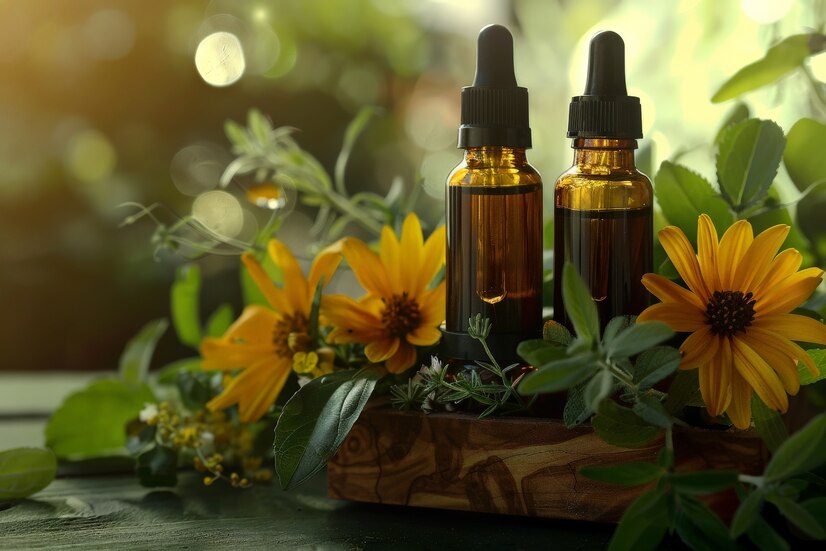Table of contents
As modern medicine advances, more people are seeking ways to improve treatment outcomes by integrating natural remedies into conventional approaches. One such promising area is the combination of CBD with Traditional Therapies. Cannabidiol (CBD), a non-psychoactive compound derived from the hemp plant, is gaining attention for its potential therapeutic benefits when used alongside established medical treatments.
This blog post explores how CBD may complement traditional therapies for conditions like chronic pain, anxiety, inflammation, and neurological disorders — and why this integrative approach may pave the way for more personalized and effective healthcare.
What is CBD and Why Is It Popular?

CBD is a cannabinoid that interacts with the body’s endocannabinoid system (ECS), which plays a key role in regulating homeostasis — including mood, pain response, immune function, and sleep. Unlike THC, CBD does not produce a “high,” making it an appealing option for individuals looking for relief without psychoactive effects.
CBD products are available in various forms such as oils, capsules, edibles, topicals, and even prescription medications like Epidiolex (approved for epilepsy treatment).
Understanding Traditional Therapies

Traditional therapies refer to treatments that are widely accepted and practiced in clinical settings. These include:
- Pharmaceuticals: Such as antidepressants, painkillers, and anti-inflammatory drugs.
- Physical therapy: For injury recovery or chronic musculoskeletal conditions.
- Psychotherapy: Including CBT and talk therapy for mental health disorders.
- Surgery or interventional procedures: In cases of severe medical conditions.
While effective, these therapies often come with side effects, risks, or limitations — prompting interest in complementary treatments like CBD.
Benefits of Combining CBD with Traditional Therapies
1. Enhanced Pain Management
CBD’s anti-inflammatory and analgesic properties make it a promising companion to physical therapy and prescription painkillers. Some patients have reported needing lower doses of opioids when using CBD, potentially reducing the risk of addiction.
2. Improved Anxiety and Stress Control
CBD may enhance the effects of psychotherapy or antidepressants by reducing general anxiety levels. It interacts with serotonin receptors, potentially contributing to mood regulation.
3. Reduced Inflammation
For autoimmune or chronic inflammatory conditions, combining CBD with medications like NSAIDs may provide synergistic relief — possibly lowering the required dosage of pharmaceuticals.
4. Better Sleep Support
CBD has calming properties that may assist in managing sleep disorders. When used with cognitive behavioral therapy for insomnia (CBT-I), it may promote a more restorative sleep cycle.
5. Neurological Support
In diseases like epilepsy or Parkinson’s, CBD may support traditional drug therapies by offering neuroprotective benefits and reducing symptoms like tremors or seizures.
Considerations When Combining CBD with Traditional Therapies
- Consult a Healthcare Provider: It’s crucial to discuss CBD use with your doctor, especially if you are taking prescription medications.
- Monitor Dosages: CBD can interact with drugs metabolized by the liver (via CYP450 enzymes), affecting their potency.
- Use Quality Products: Only choose third-party tested CBD products to ensure purity and accurate dosage.
FAQs About CBD with Traditional Therapies
CBD may interact with some medications, especially those metabolized in the liver. Always consult your doctor before combining treatments.
Yes, CBD may reduce pain and inflammation, allowing for better engagement and outcomes in physical therapy sessions.
CBD can influence serotonin signaling, but should not replace antidepressants without medical supervision due to potential drug interactions.
In some cases, CBD may help alleviate nausea, anxiety, or pain caused by other treatments, making the overall experience more tolerable.
The best method depends on the condition being treated. Oils and tinctures offer precise dosing, while topicals may be suitable for localized pain.
Final Thoughts on CBD with Traditional Therapies
The integration of CBD with Traditional Therapies represents a growing movement toward personalized and holistic healthcare. While research is still evolving, early evidence and anecdotal reports suggest that CBD may complement conventional treatments, improve outcomes, and enhance quality of life for many patients.
As always, an informed, collaborative approach involving both patients and healthcare providers is essential for safely exploring this promising combination.





